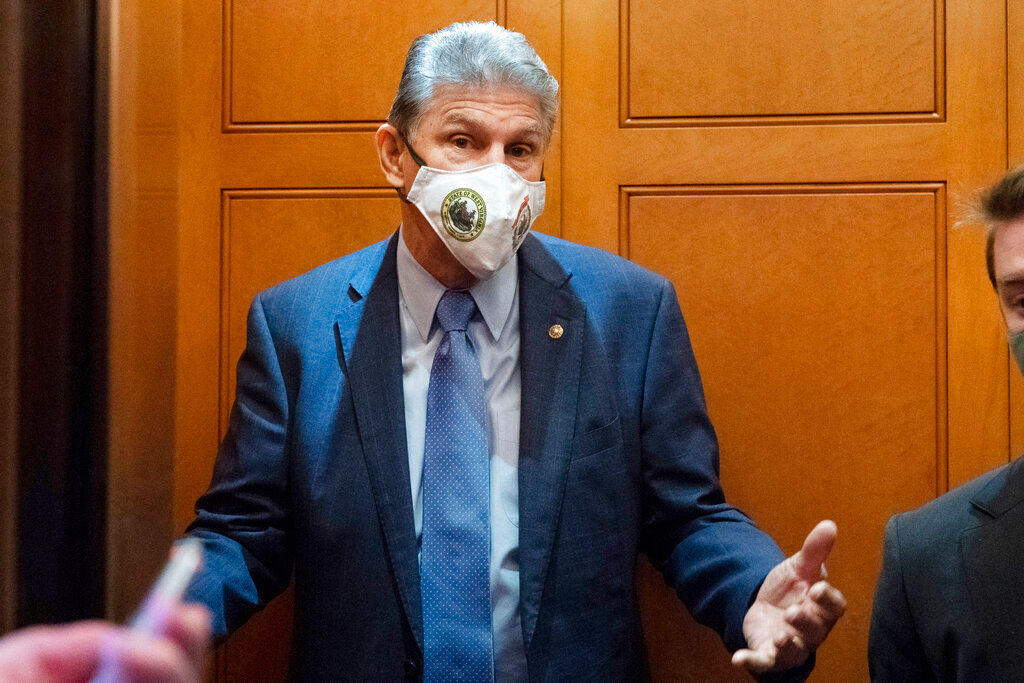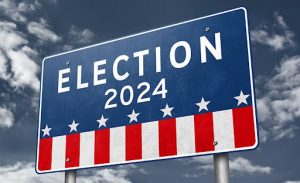Government reports on rising inflation and
the potential costs of President Joe Biden’s social and environmental
legislation raised fresh questions Friday about the bill’s fate, with both
sides hoping the new numbers would influence pivotal Senator Joe Manchin.
The moderate Manchin, D-W.Va., has spent
months forcing Democrats to trim the 10-year, $2 trillion packages, arguing
it’s too expensive and at times citing growing inflation as a reason to slow
work on the bill. On Friday, the Labour Department said consumer prices grew
last month at an annual rate of 6.8%, the highest in 39 years.
Also Read: Battered survivors tell of Mexico truck crash that killed 55
A separate report from the nonpartisan
Congressional Budget Office said that if many of the bill’s temporary spending
boosts and tax cuts were made permanent, it would add $3 trillion to the price
tag. That would more than double its 10-year cost to around $5 trillion.
Democrats called the projections from the Republican-requested report
fictitious.
Manchin aides did not respond to requests
for comment. Manchin said in a brief interview Thursday that he wanted to know
“where we are in inflation and where we are on the true price” of the
bill, adding he was “very concerned.”
Also Read: At least 50 dead in Kentucky, dozens injured as tornado hits central US
The latest inflation figures prompted Biden
to use some of his strongest languages yet, telling reporters at the White
House on Friday, “I think this is the peak of the crisis.” While the numbers
illustrate a clear political danger for the administration, the recent
performance of financial markets suggests investors don’t see inflation as a
long-term problem.
Friday’s reports popped out two weeks
before Christmas, by when Senate Majority Leader Chuck Schumer, D-N.Y., hopes
to end months of talks among Democrats and finally push a compromise bill
through the Senate. The House approved an initial version last month.
Also Read: Utah’s Arches to require timed tickets as visitation swells
With Manchin still seeking cuts in a
measure that originally cost $3.5 trillion, the day’s reports at the least
increased his leverage in a tortuous process that’s already seen several
near-death moments caused by Democratic infighting. At worst, the numbers
fueled worries that Manchin might abandon the package, sinking it.
“I don’t know the answer to that,” Biden
said at the White House when asked if he could win Manchin’s support. He said
he’d talk to the lawmaker early next week.
Also Read: Joe Biden says hard work ahead to bolster democracies
Every Democrat in the 50-50 chamber will
have to back the bill so Vice President Kamala Harris can cast a tie-breaking
vote to approve it.
The political sensitivity of inflation and
its impact on the Democratic bill, a collection of family services, health care
and climate change priorities, was illustrated as leaders of both parties tried
to spin the numbers to their advantage.
Also Read: In Pics | Influential Americans who died in 2021
Democrats argued that the inflation report
intensified the need to approve the measure. They said the legislation’s
spending and tax credits for health care, children’s costs, education and other
programs would help families cope with rising prices. Most of the bill is paid
for with tax boosts on the wealthy and big corporations.
The legislation’s impact will be “reducing
costs for ordinary people,” Biden said.
Also Read: Stocks end higher, closing out best week since February
Republicans said the legislation’s
expenditures would further feed inflation, which has been driven by supply
chain delays making products less available and spending prompted by a strong
underlying economy.
Senate Minority Leader Mitch McConnell,
R-Ky., said inflation means “the average American has gotten a pay cut,”
adding, “It is unthinkable that Senate Democrats would try to respond to this
inflation report by ramming through another massive socialist spending package
in a matter of days.”
Also Read: Cops find over 70 cats in home where man accidentally shot himself
Possibly mitigating the political impact of
Friday’s inflation numbers was that they were expected and represented a modest
rise from October’s 6.2%.






